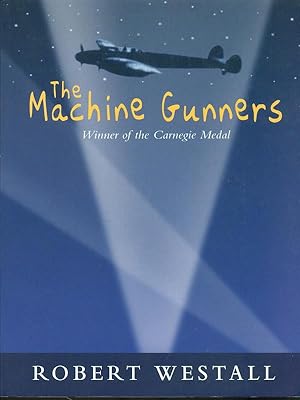


This contradiction is potentially particularly confusing for young readers, and the resulting dissociation may undermine the moral framework of the work at large. In my analysis I show how certain ethical messages are communicated through different narrative strategies, and how these can either strengthen or contradict one another.

Robert Westall's The Machine Gunners serves as the example text analysis for this purpose, as the heightened stakes and emotions of war stories such as this one also increase the importance placed on moral reasoning, judgements, and consequences. In this paper I employ a classic narratological approach to analyse the many different ways through which children's literature both constructs and communicates ethics to its young readership, both on the separate story/discourse levels and in an underlying, philosophical sense. This why it is of high importance to consider the moral contents which children's narratives attempt to communicate to the implied child reader and what narrative strategies are used to communicate them. The intended audience of children's literature is often perceived to be morally malleable, and particularly vulnerable to narrative strategies. One of the particularly challenging aspects of children's literature lies in its ethics.


 0 kommentar(er)
0 kommentar(er)
